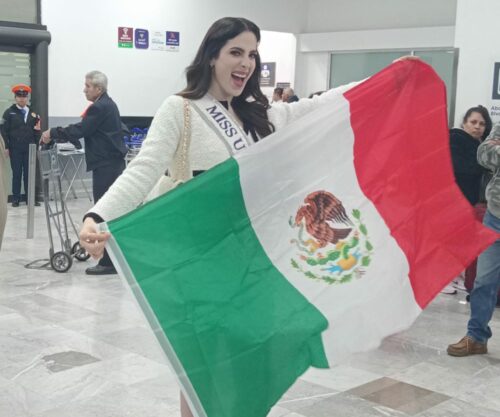
Tom Brady and the Controversy of Cloned Pets
Tom Brady is known for his precision on the football field, but off the gridiron, he’s now making headlines for a very different reason: cloning his dog. His pit bull mix, Junie, isn’t just any dog, it’s a genetic copy of Lua, his late companion, preserved through DNA shortly before her passing in 2023.
The announcement has reignited discussions about the ethics, costs, and cultural fascination with cloning pets, a trend that has quietly attracted other celebrities like Paris Hilton and Barbra Streisand.
“I love my animals. They mean the world to me and my family,” Brady said, reflecting the deep emotional bond that drives pet owners to take extraordinary measures to keep their furry friends alive in some form.
Behind the Science: Colossal Biosciences
Junie’s creation was made possible by Colossal Biosciences, a Texas-based biotech firm valued at over $10 billion. While the company has grand ambitions, like resurrecting extinct species such as woolly mammoths and dire wolves—pet cloning is a high-profile avenue that has captured public attention and, of course, celebrity dollars.
Colossal’s work with pets is technically advanced yet emotionally charged. A simple blood sample from Lua allowed the company to produce Junie through noninvasive technology. The process, however, is far from cheap: cloning a dog through Colossal’s subsidiary, ViaGen Pets & Equine, reportedly costs around $50,000. Cats cost $35,000, while horses can go for $85,000.
Public Reaction: Awe, Admiration, and Ethical Questions
Fans were divided when Brady revealed Junie’s origins. Social media quickly lit up with debates: some applauded the preservation of a beloved pet, while others questioned the priorities of cloning pets in a world where millions of animals wait in shelters.
-
Critics argue that $50,000 could save dozens of lives at local shelters, pointing out that cloning addresses personal grief rather than the broader animal welfare crisis.
-
Ethicists and some fans raised philosophical questions about whether cloning pets challenges the natural cycle of life, suggesting that part of loving an animal is accepting loss.
Yet, for Brady and other enthusiasts, cloning offers comfort, a tangible connection to the pets they’ve loved and lost.
Celebrity Influence and the Billion-Dollar Industry
Brady isn’t alone in making headlines with cloned pets. Barbra Streisand cloned her dog twice, and Paris Hilton recently followed suit. The celebrity spotlight helps fuel a growing industry, demonstrating that cloning isn’t just a scientific feat—it’s also a luxury market.
Beyond pets, Colossal’s work stretches into the ambitious and controversial: the company has teased “de-extinction” projects, such as bringing back the dire wolf or mammoth traits. While critics remain skeptical, these ventures underscore the intersection of science, spectacle, and profit in the modern biotech era.
Love, Loss, and the Limits of Technology
At its core, the debate around Junie isn’t about technology—it’s about human emotion. Cloning may replicate appearance and genetics, but it cannot reproduce personality, quirks, or the soul of a dog. For Brady, Junie is a comforting presence and a continuation of Lua’s legacy, but it also forces society to ask difficult questions: How far should we go to resist the finality of death? And at what cost, ethically and financially?
The story of Junie reminds us that even in a world of billion-dollar biotech companies and celebrity influence, some of life’s most profound lessons, grief, love, and letting go, remain irreplaceable.
Source: IOL
Featured Image: X{@PageSix}




